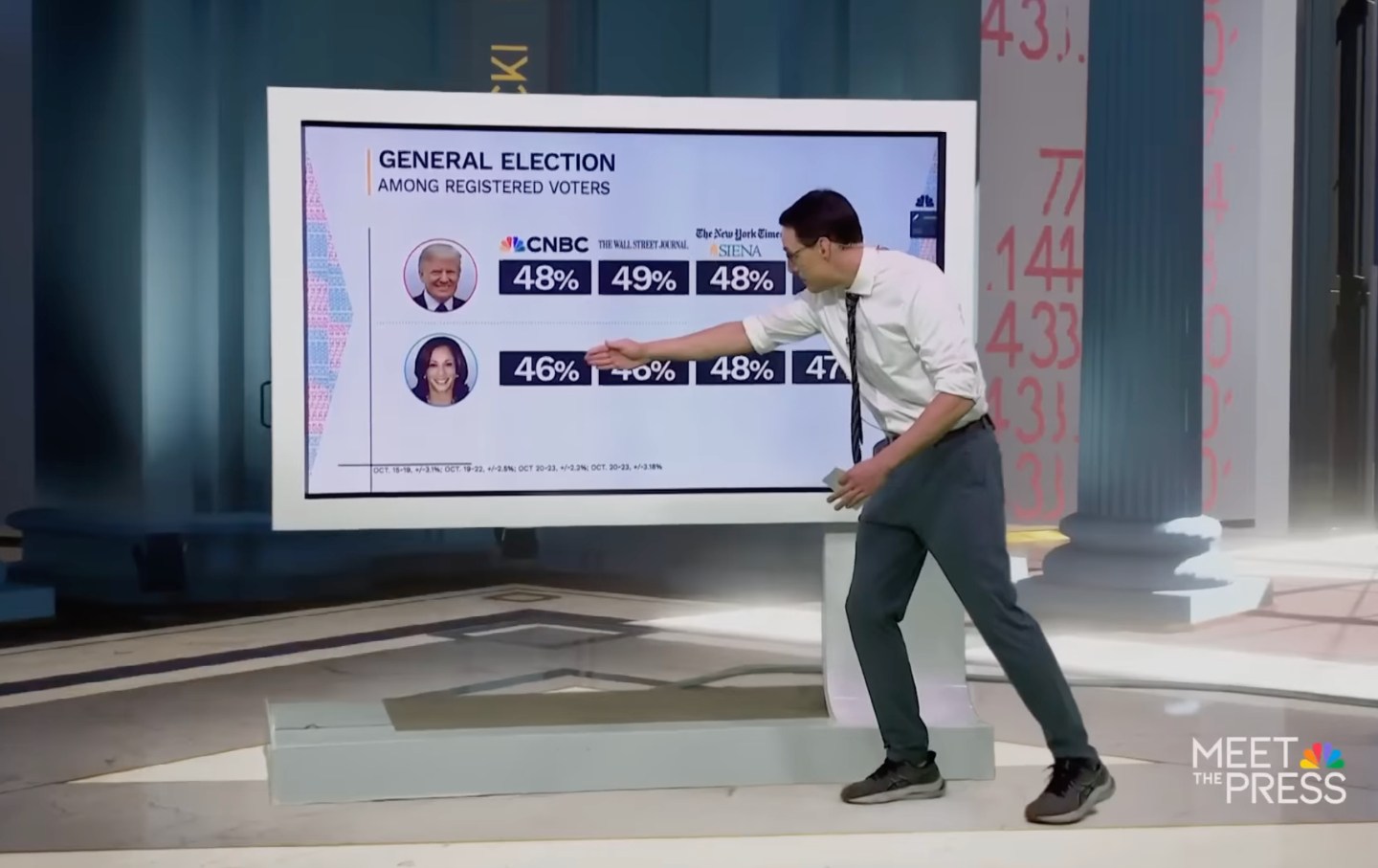The influence of the polling industry on democracy is significant, yet it often presents data that may be unreliable or distorted, according to an article discussing polling’s impact on elections. Recent events highlight issues within the industry, such as the Rasmussen Group’s sharing of advance polling results with the Trump campaign and discrepancies in data from prestigious surveys like those conducted by the New York Times/Siena. This situation poses the question of whether polling genuinely benefits the public or if it simply contributes to a misleading political narrative.
Polling often reinforces the messages of political campaigns, rather than providing objective insights into voter behavior. There’s evidence of pollsters manipulating data, as seen with certain right-leaning organizations, which skew perceptions toward favoring a Trump victory. This manipulation can have significant implications, potentially encouraging unrest following unfavorable election outcomes. Furthermore, the aggregation of polling data, particularly on platforms like Real Clear Politics, occasionally shifts political discourse rightward.
Given these concerns, the article suggests reevaluating the purpose of polling in elections. Polling has been proven ineffective as a forecasting tool, failing to accurately capture voter behavior, especially as younger, first-time voters become more influential. The proposal put forward is a ban on polling during the final weeks leading up to presidential elections, similar to practices in many European countries, South Korea, and Taiwan.
The pervasive coverage of poll results can cause voters to act more like pundits, considering strategic voting over their true beliefs. This trend is implicated in eroding civic engagement within the political parties and intensifying culture-war-driven voting decisions. A shift away from reliance on polling during key election periods might allow voters to make more informed, principled choices.
The idea of imposing a “poll silence” in the lead-up to elections is not unprecedented. Many democracies implement a similar quiet period for political advertising before elections. Such a break could counteract the trend of polling becoming akin to campaign advertising, helping to recalibrate the focus onto genuine voter concerns.
Additionally, the shortened campaign season resulting from Joe Biden’s withdrawal from the presidential race has shown benefits, reducing the impact of misleading advertising and social media tensions. Drawing from this outcome, the article advocates for a similar approach to polling, suggesting an embargo from early October onward to reduce noise and enhance voter deliberation.
